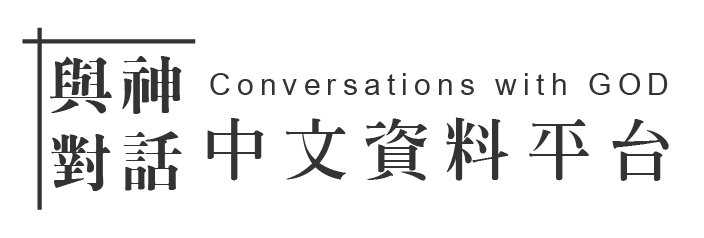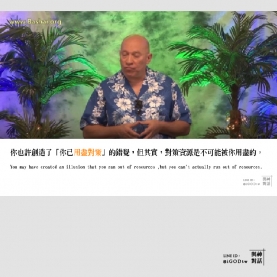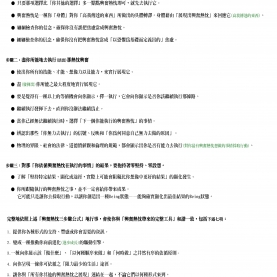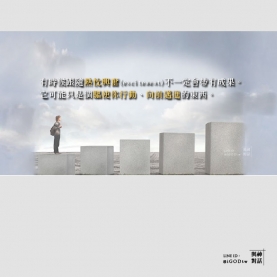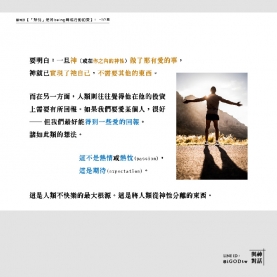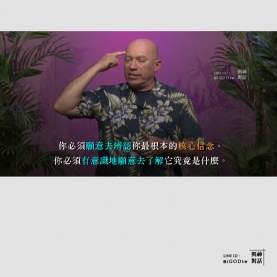巴夏精選短片(1分22秒)【看見跟隨熱忱而行過程中「看似矛盾的運作實情」】Bashar663
片名:【跟隨熱忱而行過程中看似矛盾的運作實情】Bashar663
See the paradox of Excitement when you act on your Excitement
影片摘自:2019-Dreamworld
中文翻譯:Jimmy

此篇內文:
Remember, remember, remember - the paradox.
請記住,請記住,請記住這一「看似矛盾的真理」(看似矛盾的運作實情)。
In the kit of Excitement, there are tools, and one of the tools is the reflective mirror
在跟隨自己「興奮熱忱」而行的過程中你已經具有了一些工具,其中一個就是「反映給你看的鏡子」,
that reveals to you as you’re acting on your Excitement, any belief within you that might be out of alignment with your Excitement.
一個(在你在跟隨興奮熱忱過程中)反映出你心中任何「與你真正的興奮熱忱不相符的信念」的鏡子。
Okay.
好的。
So the paradox is: Part of your excitement is discover things within you that are not part of your excitement.
所以這一矛盾的真理是:發覺「並非你心中感到興奮、有熱忱的東西」,也是你跟隨(自己最高)興奮熱忱而行的一部分。
So that could be part of the…
所以那可能是一部分……
That's part of your Excitement because once you discover something that is not you, oh, joy.
那正是你興奮熱忱的一部分,因為,一旦你發掘了某些「不屬於你真實的自己」的東西(如信念),噢,多麼喜悅!
Now you have something you can let go of, whereas it remains unconscious, you have nothing to work with.
現在你終於有個你能夠放下的東西(不再被它束縛的東西),因為它一直被保存在你意識不到的地方,讓你無法發覺和處理它。
Okay.
好的。
Does that make sense?
你聽懂這(看似矛盾的運作實情)道理嗎?
Yeah, it makes sense.
是的,很有道理。
So it's exciting to discover something that doesn't belong to you that you now are aware of, which means you can let go of it
所以說,發掘「不屬於你自己的東西,而你現在能覺知它」是件很興奮的事,那也表示:你(終於)能夠把它放掉。
because you can't let go of it if you're not aware of it. So that's exciting.
因為,如果你沒有發覺那信念,你就沒有辦法放掉它。所以發掘出它是很令人興奮的。
So stay in the exciting state even when you experience things within you that are not exciting.
因此,即使當你內心經歷到一些不是你感到興奮、有熱忱的事情,也要讓自己保持在興奮熱忱的狀態。
And then you'll be able to use them in a positive way and let them go,
如此,你便能夠「以正向的方式去利用」它們(那些不是你有熱忱或感到興奮的事情),並放掉它們。
and streamline yourself to be able to experience more and more excitement no matter what's happening
而精簡自己的生活(提升自己的效率),讓自己不論周遭發生什麼事,都能夠體驗到更多的興奮熱忱。
Remember, again,
再次提醒,請切記:
It's not about what happens, it's about what you do with what happens that makes the difference in your life.
會改變你人生、讓你的生活不一樣的重點,不在於你生活中「發生了什麼」,而在你對於所發生的事「你做出什麼」(反應和行動)。



